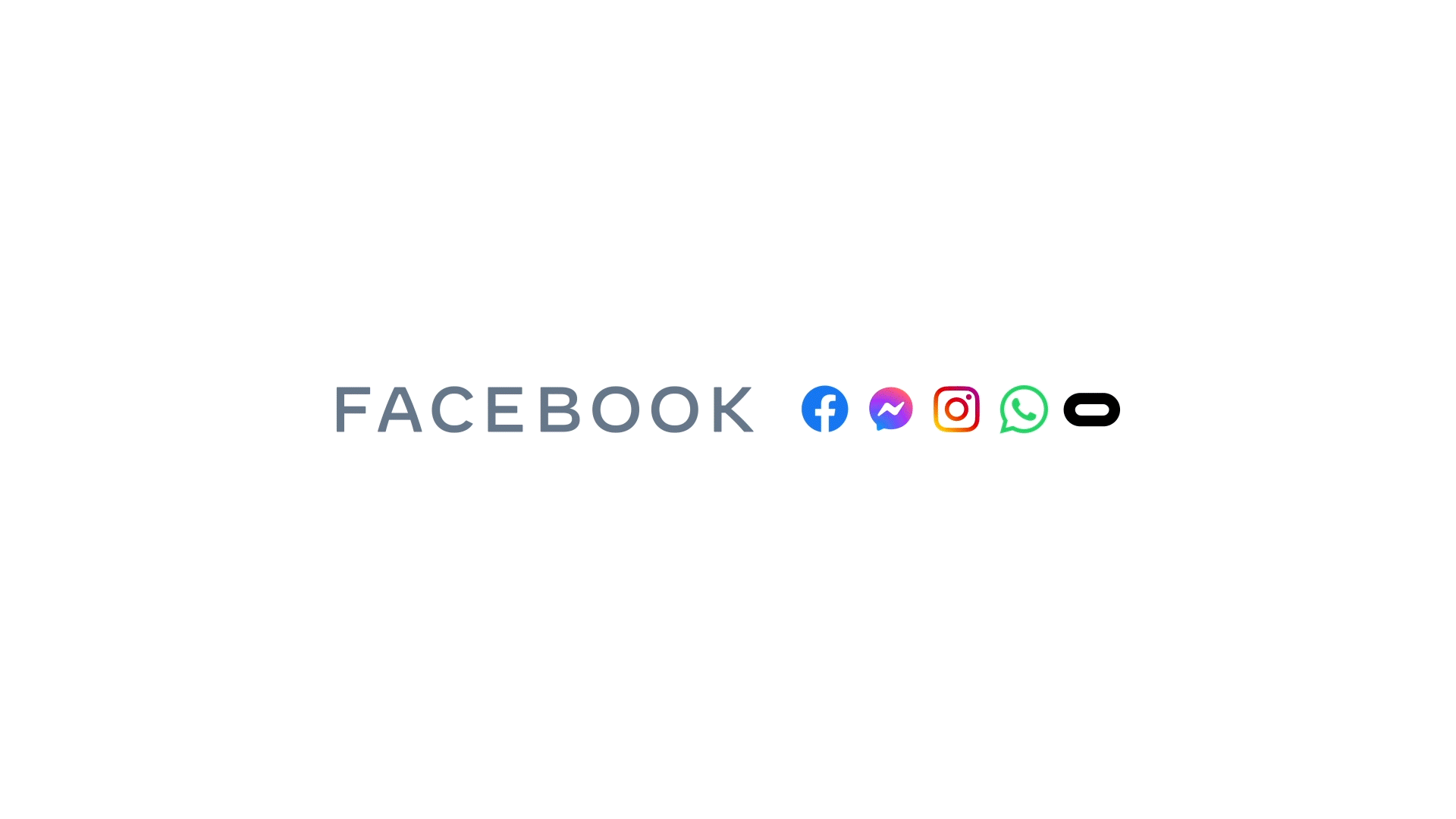
We analyse the rebranding exercise and the impact it can have for the social networking giant Facebook's parent company.
On October 28, 2021, at Connect 2021, CEO Mark Zuckerberg introduced Meta, which brings together Facebook’s apps and technologies under one new company brand. Previously, the parent company of social networking sites like Instagram, WhatsApp and Facebook was also called Facebook. According to Zuckerberg, the newly renamed parent company Meta’s focus will be to bring the metaverse to life and help people connect, find communities and grow businesses.
According to a Facebook blog post, the metaverse will feel like a hybrid of today’s online social experiences, sometimes expanded into three dimensions or projected into the physical world.
“It will let you share immersive experiences with other people, even when you can’t be together - and do things together you couldn’t do in the physical world. It’s the next evolution in a long line of social technologies, and it’s ushering in a new chapter for our company.”
“Our annual Connect conference brings together augmented and virtual reality developers, content creators, marketers and others to celebrate the industry’s momentum and growth. This year’s virtual event explored what experiences in the metaverse could feel like over the next decade - from social connection, to entertainment, gaming, fitness, work, education and commerce. We also announced new tools to help people build for the metaverse, including Presence Platform, which will enable new mixed reality experiences on Quest 2, and a $150-million investment in immersive learning to train the next generation of creators.”
Amish Sabharwal, senior executive creative director and creative head of digital experience at Havas Creative Group, calls the rebranding exercise a sensible move. He takes the example of Google - whose parent company is called Alphabet.
“Beyond Google, Alphabet has the opportunity to diversify its businesses and products. That won’t be related to Google’s brand image or what it does. Facebook is growing in different areas with multiple acquisitions. This is a clear way of keeping Facebook’s parent company’s brand identity separate from its (the social network’s) brand identity.”
/afaqs/media/post_attachments/3751218e6704b3e3f43ef4a2d301a22125415edefc44ac7f0b1f3b9731aaf495.jpg)
The main strategic purpose is for the consumers to be able to differentiate between what Facebook does and what its parent company Meta does. “The attempt is not to make Meta a brand, but to differentiate it from Facebook and what it does. Under the Meta brand, the company is free to diversify into different fields, without the existing brand identity of Facebook getting affected,” Sabharwal says.
He’s also interested in Facebook’s vision and if that’s going to change after the rebranding (spoiler alert: It’s not changing). “Facebook is a brand that’s built on a certain set of principles. Tomorrow, what Meta can do is set up more brands, without the existing ones getting affected. It helps that the parent company’s image will now be different from Facebook’s image.”
Sabharwal adds that if for some reason, Facebook has to shut down or is banned in the country, then Meta has more to offer beyond just Facebook.
Landor & Fitch’s creative director Arnab Ray wonders how the company arrived at the name Meta itself, since it is fairly common. “If you were changing Facebook’s name, it would make a big difference. But it may not make a huge difference to the consumer if Facebook’s parent company decides to change its name.”
/afaqs/media/post_attachments/e565022fb6ee46a533c42e8dd4589641474dc6acec5c07793975d267f23860be.jpeg)
He calls the brand’s new visual identity, interesting, but not that unique. “People have used the infinity symbols in different ways in the past. In this case, the emphasis is on continuity, growth, evolution, etc. While the continuity aspect does come through, the company could’ve done better.”
Ray calls the logo devoid of emotion and mentions that if he had to create one, he would attempt to highlight a human emotion through the brand’s visual language to make it more timeless.
Need a full service agency for your project? Choose among 70 such agencies on afaqs! Marketplace now. Click here.
/afaqs/media/agency_attachments/2024-10-10t065829449z-afaqs_640x480.png)
 Follow Us
Follow Us